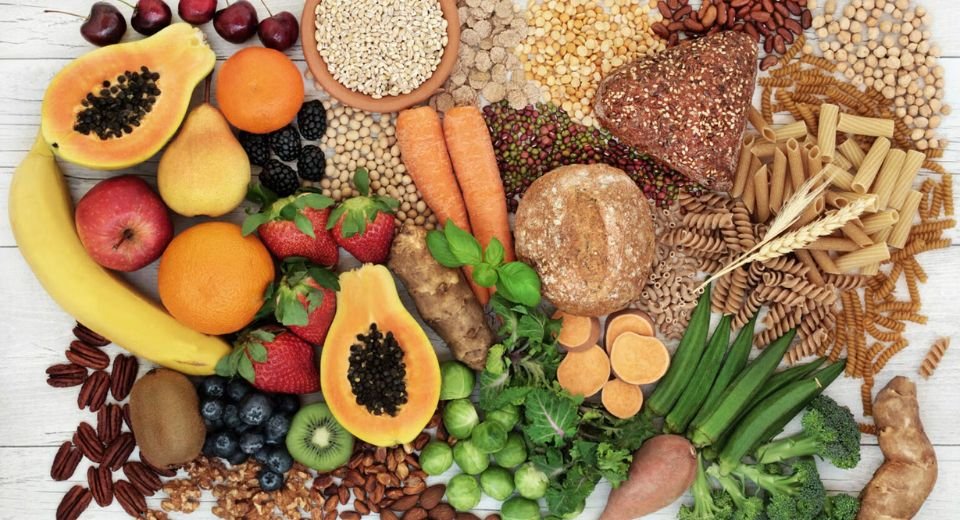HQ Team
March 25, 2025: A diet rich in plant-based foods during midlife, with a lower intake of ultra-processed and moderate animal-based foods can help you to reach the age of 70, free from chronic diseases, a Harvard study reveals.
Plant-based foods include not only fruits and vegetables but also nuts, seeds, oils, whole grains, legumes, and beans.
It doesn’t mean that you are vegetarian or vegan and never eat meat or dairy. Rather, you are proportionately choosing more of your foods from plant sources, according to Harvard Health.
Researchers at Harvard T.H. Chan School of Public Health, the University of Copenhagen, and the University of Montreal used data from the Nurses’ Health Study and the Health Professionals Follow-Up Study to examine the midlife diets and eventual health outcomes of more than 105,000 women and men aged between 39 and 69 over 30 years.
Healthy ageing trend
The study is among the first to examine multiple dietary patterns in midlife about overall healthy ageing.
“Studies have previously investigated dietary patterns in the context of specific diseases or how long people live,” said co-corresponding author Frank Hu, Fredrick J. Stare Professor of Nutrition and Epidemiology and chair of the Department of Nutrition at Harvard Chan School.
“Ours takes a multifaceted view, asking, how does diet impact people’s ability to live independently and enjoy a good quality of life as they age?”
Participants regularly completed dietary questionnaires, which the researchers scored on how well participants adhered to eight healthy dietary patterns.
Legumes, vegetables
Each of these diets emphasizes a high intake of fruits, vegetables, whole grains, unsaturated fats, nuts, and legumes, and some also include a low to moderate intake of healthy animal-based foods such as fish and certain dairy products.
The researchers also assessed participants’ intake of ultra-processed foods, which are industrially manufactured, often containing artificial ingredients, added sugars, sodium, and unhealthy fats.
They found that 9,771 participants — 9.3% of the study population — aged healthfully.
Adhering to any one of the eight healthy dietary patterns was linked to overall healthy ageing and its domains, including cognitive, physical, and mental health.
Healthy indexes
The leading healthy diet was the Alternative Healthy Eating Index (AHEI), which was developed to prevent chronic diseases.
Participants in the highest quintile of the AHEI score had an 86% greater likelihood of healthy ageing at 70 years and a 2.2-fold higher likelihood of healthy aging at 75 years compared to those in the lowest quintile of the AHEI score.
The AHEI diet reflects a diet rich in fruits, vegetables, whole grains, nuts, legumes, and healthy fats and low in red and processed meats, sugar-sweetened beverages, sodium, and refined grains.
Another leading diet for healthy ageing was the Planetary Health Diet Index (PHDI), which considers both human and environmental health by emphasising plant-based foods and minimising animal-based foods.
‘No one-size-fits-all’
Higher intake of ultra-processed foods, especially processed meat and sugary and diet beverages, was associated with lower chances of healthy ageing.
“Our findings also show that there is no one-size-fits-all diet. Healthy diets can be adapted to fit individual needs and preferences,” said lead author Anne-Julie Tessier, assistant professor in the Department of Nutrition at the University of Montreal, researcher at the Montreal Heart Institute, and visiting scientist at Harvard Chan School.
The study was published on March 24 in Nature Medicine.
